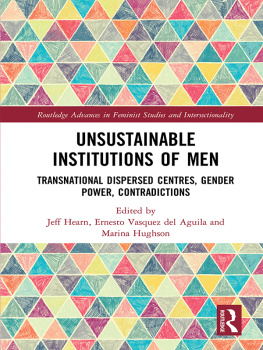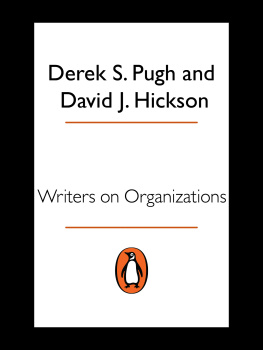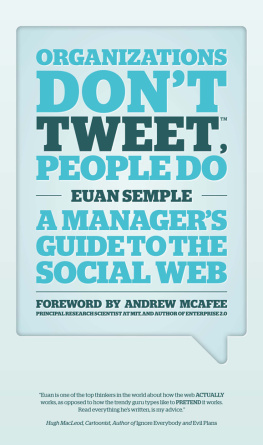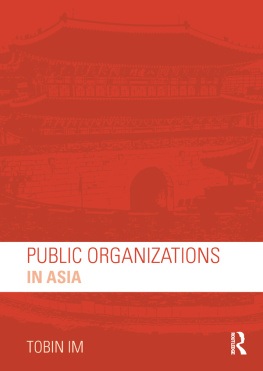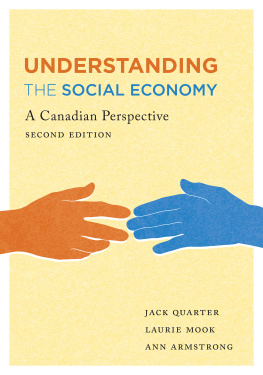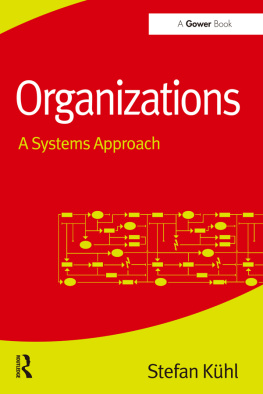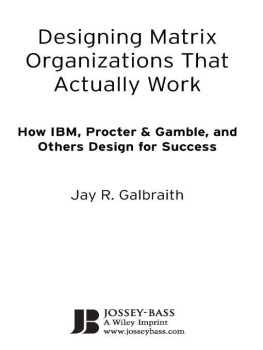Jeff Hearn - Age at Work: Ambiguous Boundaries of Organizations, Organizing and Ageing
Here you can read online Jeff Hearn - Age at Work: Ambiguous Boundaries of Organizations, Organizing and Ageing full text of the book (entire story) in english for free. Download pdf and epub, get meaning, cover and reviews about this ebook. year: 2020, publisher: SAGE, genre: Politics. Description of the work, (preface) as well as reviews are available. Best literature library LitArk.com created for fans of good reading and offers a wide selection of genres:
Romance novel
Science fiction
Adventure
Detective
Science
History
Home and family
Prose
Art
Politics
Computer
Non-fiction
Religion
Business
Children
Humor
Choose a favorite category and find really read worthwhile books. Enjoy immersion in the world of imagination, feel the emotions of the characters or learn something new for yourself, make an fascinating discovery.

- Book:Age at Work: Ambiguous Boundaries of Organizations, Organizing and Ageing
- Author:
- Publisher:SAGE
- Genre:
- Year:2020
- Rating:3 / 5
- Favourites:Add to favourites
- Your mark:
Age at Work: Ambiguous Boundaries of Organizations, Organizing and Ageing: summary, description and annotation
We offer to read an annotation, description, summary or preface (depends on what the author of the book "Age at Work: Ambiguous Boundaries of Organizations, Organizing and Ageing" wrote himself). If you haven't found the necessary information about the book — write in the comments, we will try to find it.
Age at Work explores the myriad ways in which age is at work across society, organizations and workplaces, with special focus on organizations, their boundaries, and marginalizing processes around age and ageism in and across these spaces.
The book examines:
- how society operates in and through age, and how this informs the very existence of organizations;
- age-organization regimes, age-organization boundaries, and the relationship between organizations and death, and post-death
- the importance of memory, forgetting and rememorizing in re-thinking the authors and others earlier work
- tensions between seeing age in terms of later life and seeing age as pervasive social relations.
Enriched with insights from the authors lived experiences, Age at Work is a major and timely intervention in studies of age, work, care and organizations. Ideal for students of Sociology, Organizations and Management, Social Policy, Gerontology, Health and Social Care, and Social Work.
Jeff Hearn: author's other books
Who wrote Age at Work: Ambiguous Boundaries of Organizations, Organizing and Ageing? Find out the surname, the name of the author of the book and a list of all author's works by series.

